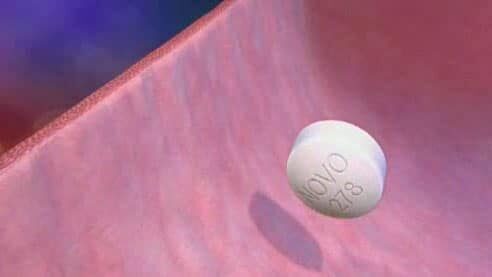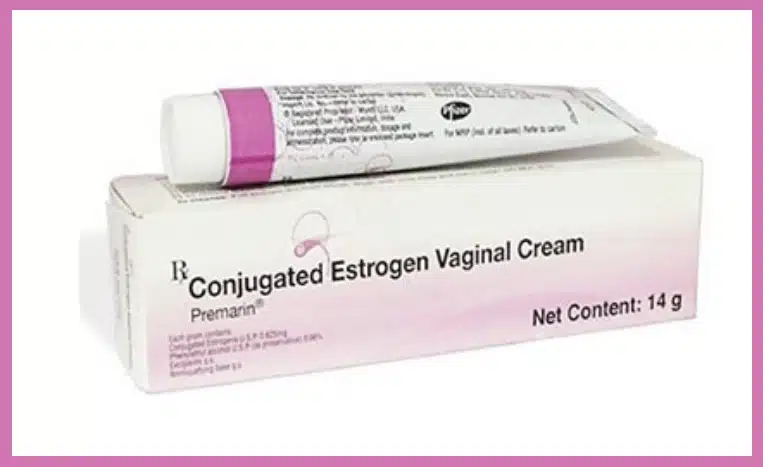Causes of vaginal dryness
Diagnosis of vaginal dryness
- Any itching or burning (irritation) may be a sign of vaginal dryness.
- The definitive diagnosis of vaginal dryness is made by the doctor after receiving the patient's history and if necessary, examination and even sampling.
- Vaginal dryness and some urinary infections have some common symptoms and should not be confused.
Estrogen treatment of vaginal dryness
Treatment can be done with non-local (systemic) or topical estrogen-containing drugs (such as the following).
The use of drugs containing estrogen is not recommended in the following cases :
- For those with breast cancer, particularly individuals who are prescribed aromatase inhibitors.
- Individuals with a previous history of endometrial cancer
- those who suffer from any unexplained vaginal bleeding
- childbirth or breastfeeding
Non-estrogenic treatments:
- Using non-estrogenic vaginal moisturizers which typically contain ingredients such as glycerin, vegetable oils, and polycarbophils.
- Not using foaming detergents, scented soaps and lotions in the vaginal area
- Not using vaginal douches to wash the vagina
- When it comes to experiencing vaginal dryness during sex, it's important to consider the impact of stress on your body. Stress can lead to dryness in both the oral and vaginal mucous membranes. To address this, focusing on mental preparation and adopting relaxation techniques can be helpful in reducing stress levels.












